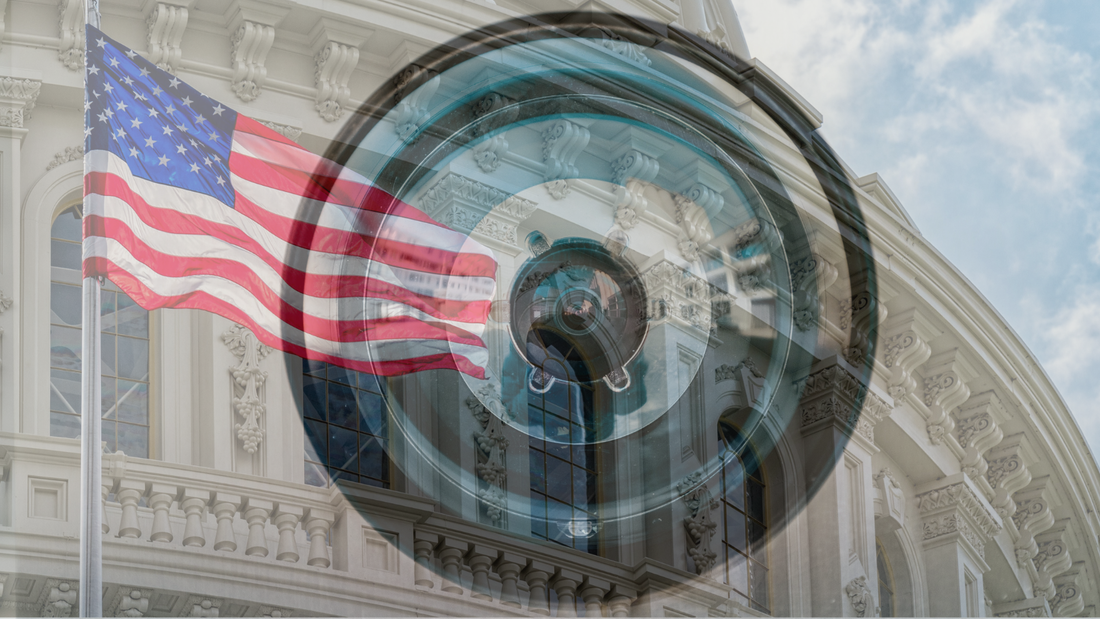|
In 2019, the Project for Privacy and Surveillance Accountability began to track the votes of House and Senate Members to build the database for our PPSA Congressional Scorecard. Members of Congress were assigned grades according to their votes for, and sponsorship of, pro-privacy bills and amendments. Those who held hearings on government abuses of Americans’ privacy were given extra credit as well.
PPSA’s vote tracking recognized each of the 77 senators who voted in 2020 in favor of the Lee-Leahy Amendment. That measure would strengthen the Foreign Intelligence Surveillance Act Court with advice from independent experts on civil liberties. Our tracking allowed further credit to go to senators who voted for the Wyden-Daines Amendment, which would prevent the government from conducting warrantless surveillance of search histories and website browsing. This year, no ratings will be assigned to individual Members of the House and Senate. PPSA cannot rate individual Members of Congress because there have been no significant votes on pro-privacy bills and amendments. Most disturbing of all, this inactivity has occurred over the course of a year that saw no lack of disturbing developments in surveillance abuse. No Shortage of Threats While Congress was distracted by fights over the budget, the issue of government surveillance of Americans has only become more acute.
Meanwhile, technology continues to make Orwellian surveillance easier, such as Clearview AI’s facial recognition software that allows the government to almost instantly link the image of a person’s face to his or her social media posts. This gives the government, at a glance, immediate access to a person’s beliefs, relationships and activities. Federal agencies and local law enforcement have embraced cell-site simulators that allow them to swipe the content of all cell phones in a local area. And ubiquitous private and public cameras watch Americans in public, while digital technology records our every call and move. Many civil libertarians worry that increasingly robust technology that pulls all our data together to be sorted by artificial intelligence, is leading the United States to begin to approach the surveillance state reality of the People’s Republic of China. Reforms Languishing In this challenging environment, many strong reform proposals have received little debate, much less a vote, in 2021. The Lee-Leahy amendment, which was advanced to overwhelming passage by Sens. Patrick Leahy and Mike Lee in 2020, has not seen the light of day in this session of Congress. Nor has there been action on the Fourth Amendment Is Not for Sale Act, which would close the legal loophole that allows the government to purchase troves of private information from data brokers it would otherwise need a court order or subpoena to obtain. The Cell-Site Simulator Warrant Act would require the government to obtain a warrant before deploying such simulators to pull data from all cell phones across many city blocks. Many other priorities are not being addressed, such as checking the government’s unfettered ability to engage in bulk collection of Americans’ personal data without any individualized suspicion. Nor has the Congress made a serious effort to get straight answers from the government about assertions that it believes it has a non-statutory, “inherent” authority to surveil Americans. In this target-rich environment, Congress has managed to do little in the way of even questioning government behavior. Yet we see reason for hope. The leaders of surveillance reform in Congress continue to show an ability to reach across ideological and partisan divisions to create strong coalitions and craft creative legislation. The path can still open for champions of surveillance reform to move their proposals forward. We honor the Members of the House and Senate who have remained active and engaged in surveillance reform. PPSA Champions of Surveillance Reform Senate Sen. Steve Daines Sen. Patrick Leahy Sen. Mike Lee Sen. Rand Paul Sen. Ron Wyden House of Representatives Rep. Warren Davidson Rep. Ted Lieu Rep. Zoe Lofgren Rep. Tom McClintock Rep. Jerry Nadler, Chair of the House Judiciary Committee Rep. Chris Stewart Comments are closed.
|
Categories
All
|


 RSS Feed
RSS Feed